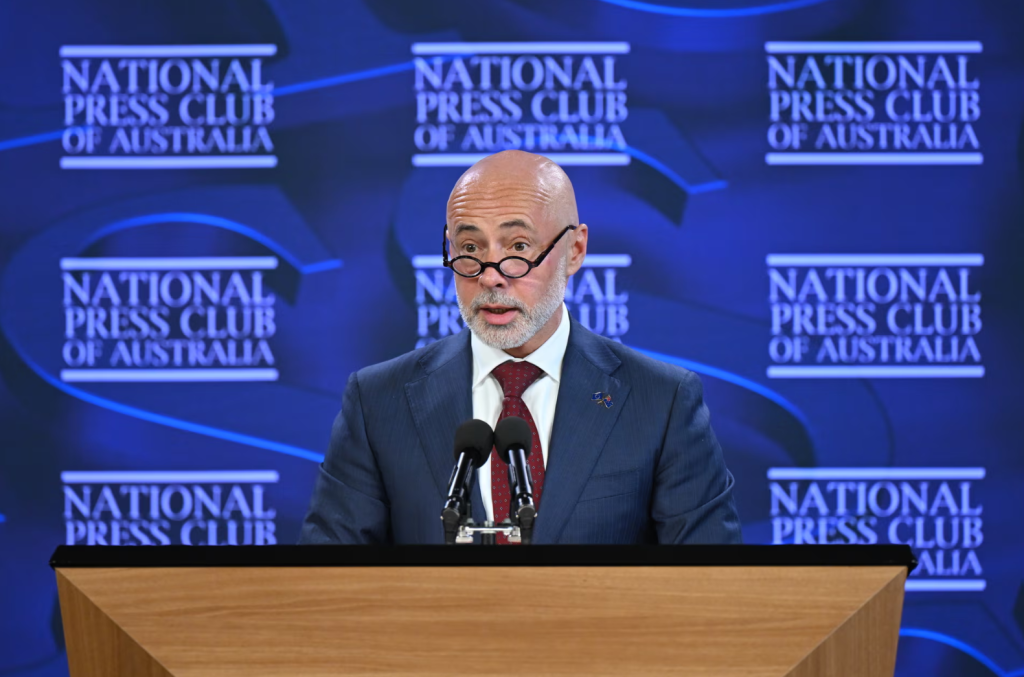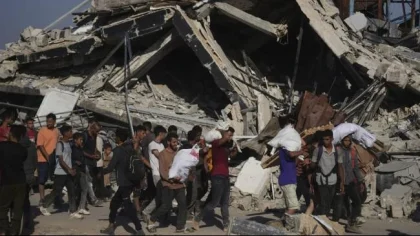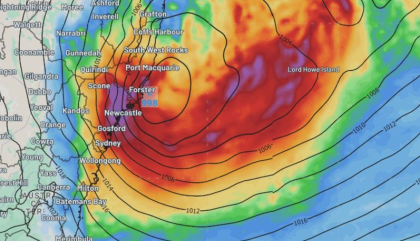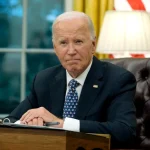A Shift in Tasmania’s Political Landscape
On July 19, Tasmania will head to the polls for an early election, following a significant request from the state’s Liberal Premier, Jeremy Rockliff. This decision comes after a recent vote of no confidence in Rockliff’s leadership, marking a pivotal moment in Tasmanian politics. In this article, we will explore the implications of this early election, the political dynamics at play, and the broader context surrounding recent events in Australia.
The Decision for an Early Election
The Tasmanian Governor, Barbara Baker, confirmed the early election date after meeting with Premier Rockliff. In her statement, she emphasized the importance of avoiding the costs associated with another election and acknowledged the prevailing public sentiment against holding one. Baker stated, “I have granted Premier Rockliff a dissolution because I am satisfied that there is no real possibility that an alternative government can be formed.”
Key Dates and Context
- Election Date: July 19
- Last Election: March 2024
- Next Scheduled Election: Originally set for 2028
This upcoming election will be the fourth in just seven years, highlighting the instability within the Tasmanian political landscape.
Political Dynamics: Who’s Who in the Election
The current composition of the Tasmanian parliament is as follows:
- Liberal Party: 14 seats
- Labor Party: 10 seats
- Greens: 5 seats
- Crossbenchers: 6 seats
The recent vote of no confidence against Rockliff, initiated by Labor leader Dean Winter, has intensified the political stakes. With the Liberal Party holding a minority, the outcome of this election could significantly reshape the state’s governance.
National and International Context
Australia Joins Global Sanctions Against Israel
In a related development, Australia has joined the UK, Canada, New Zealand, and Norway in imposing financial sanctions and travel bans on two Israeli government ministers. This decision, made by Foreign Affairs Minister Penny Wong, was described as a response to the ministers’ actions that incite violence against Palestinians in the West Bank.
Labor MP Ed Husic has called for these sanctions to be flexible and potentially more stringent if the situation does not improve. The Coalition has expressed concerns about the clarity and effectiveness of these sanctions, emphasizing the need for a more transparent rationale from the government.
The Impact of Sanctions on Australian Politics
The sanctions have sparked a debate within Australian politics, with the Coalition questioning the government’s approach and the Greens labeling the actions as “extremely late.” This discourse reflects the broader tensions surrounding Australia’s foreign policy and its implications for domestic politics.
Local Issues: Water Management and Health Services
Water Use in Western Australia
A recent report from Western Australia’s auditor general revealed alarming findings regarding water management in one of Australia’s driest states. The Department of Water and Environmental Regulation (DWER) has been criticized for failing to monitor water extraction adequately, with over 12,000 water licenses allowing for the extraction of more than 4 trillion liters annually. This mismanagement poses a significant threat to the sustainability of groundwater supplies.
Mental Health Services Under Pressure
In Queensland, the state government is facing scrutiny over its decision not to bail out a Brisbane psychiatric hospital that is set to close. The Toowong private hospital, which has served the community for nearly 50 years, is in dire straits, and the state treasurer has acknowledged the challenges facing private health institutions.
The Role of the Media in Reporting
The media plays a crucial role in shaping public perception and informing citizens about political developments. Recent incidents involving Australian journalists covering protests in the US highlight the risks faced by reporters in volatile situations. Lauren Day, an ABC correspondent, reported being teargassed while covering immigration protests, underscoring the challenges journalists face in their pursuit of truth.
What Lies Ahead for Tasmania
As Tasmania prepares for its early election on July 19, the political landscape remains uncertain. The implications of this election extend beyond state borders, reflecting broader national and international issues. With key players like Rockliff, Winter, and the Greens vying for influence, the outcome will undoubtedly shape Tasmania’s future.
















Komentar